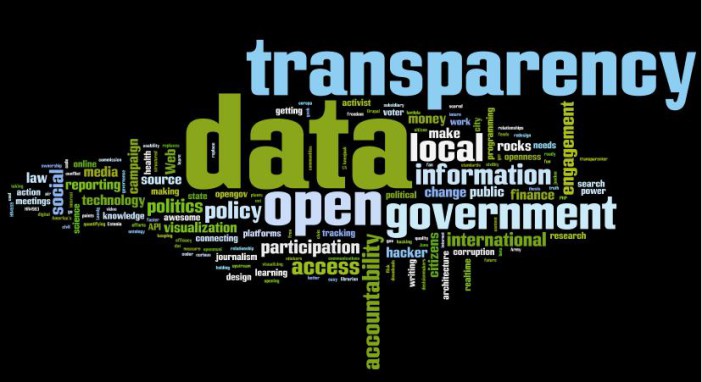The City of Cape Town approved the open data portal and policy on Thursday, it said.
“As part of the City of Cape Town’s commitment to ensuring transparent, accountable and accessible government, council today approved the City’s Open Data Policy,” the city said in a statement.
“In having done so, the City of Cape Town is embracing the use of open data to promote economic growth, development and inclusion.”
The policy would allow residents to have access to economically relevant metro data which would help to drive personal agency, creativity and innovation.
Mayoral committee member for corporate services Xanthea Limberg said the city generated a significant amount of data that was potentially useful to residents.
“In the Information Age, making public sector data available allows us as government to tap into the creativity and innovative thinking of business and society,” she said.
“This will help us build a better city and allow us to truly make progress possible together.”
After an extensive internal and external public participation process, the city had decided to implement the portal within the next three months.
“While we are committed to being open and transparent in this process, we need to be mindful of certain data that cannot be placed in the public domain,” Limberg said.
“This will include copyrighted third party data; information that infringes on the privacy of individual citizens; information that the City cannot legally disclose and information that is deemed to be confidential.”
An open data steering committee, which would include members of the public, would monitor the implementation of the policy as well as approve requests for additional data sets.
Information that was determined to be inappropriate by the committee would not be made available on the portal. The city said the African National Congress in council voted against the measure.
“Had this policy decision been up to the ANC, the City’s vast wealth of information would have remained inaccessible to the communities which need it most,” it said.SAPA






 WhatsApp us
WhatsApp us 

